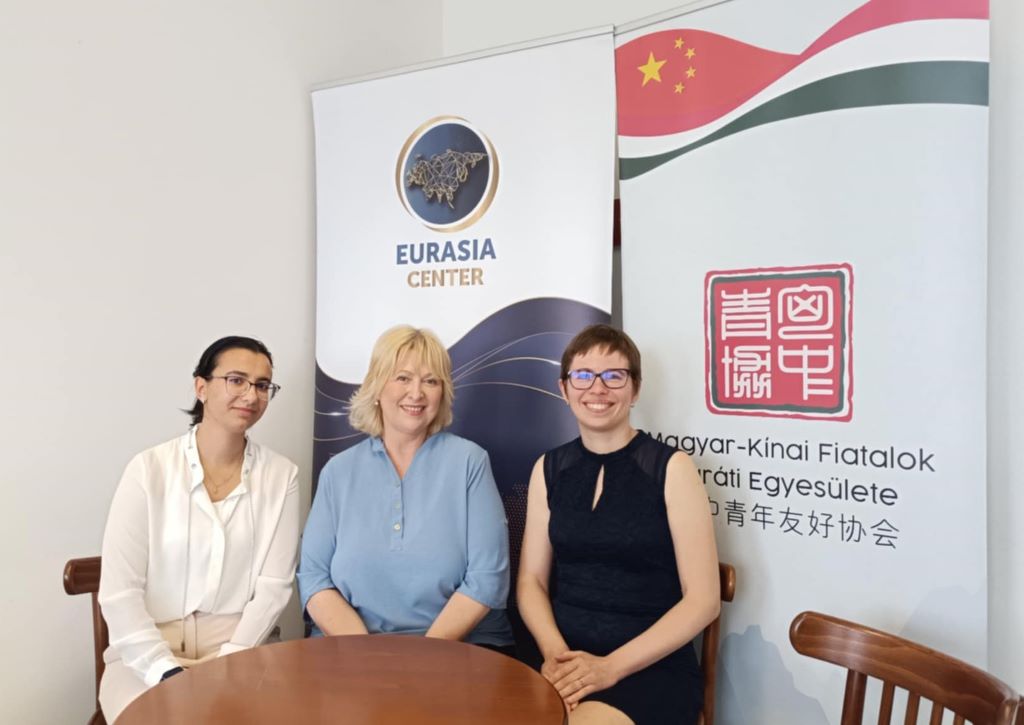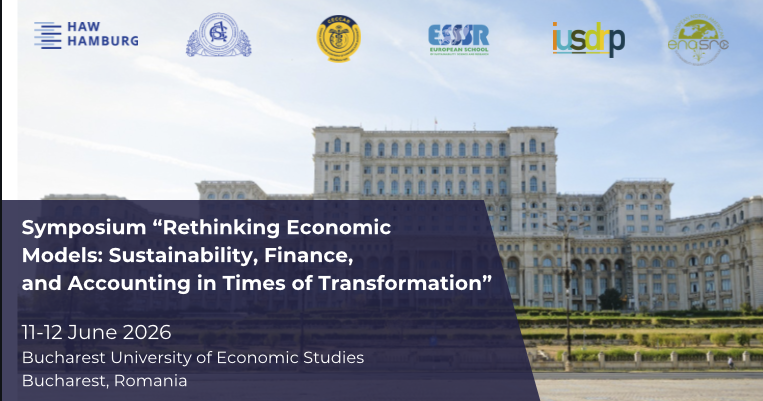On May 9, 2025, the 8th Dawn of Eurasia Conference was held in Budapest. This spring, it was organized together with the PEACH Junior Conference at the Faculty of Humanities of Pázmány Péter Catholic University. The conference welcomed presentations from researchers whose fields of study are related to the processes taking place in the Eurasian region. Representing Széchenyi István University at the event were Associate Professor Dr. Katalin Bándy and Assistant Lecturer Éva Heimné Rácz from the Kautz Gyula Faculty of Business and Economics, as well as Assistant Lecturer Tamara Böcz from the Apáczai Csere János Faculty of Humanities, Education and Social Sciences.
The conference was opened by Dr. Levente Horváth, Director of the Eurasia Center at Neumann János University. Then, Associate Professor Dr. Gergely Salát, Head of the Chinese Department at PPKE BTK, in his role as deputy editor-in-chief, presented the latest issues of the Eurasia Center’s journal, Eurasia Review.
Following the opening speeches, participants attended a roundtable discussion moderated by Mariann Őry, deputy editor-in-chief of Eurasia Magazine. The discussion focused on The Role of the Middle East in the Transitional Multipolar World Order, featuring insights from Professor Dr. László Csicsmann, head of the Corvinus Center for Contemporary Asia Studies at BCE and senior researcher at the Hungarian Institute of Foreign Affairs; Dr. Sayfo Omar, research director at the Migration Research Institute; and László Sárkány, analyst at the Eurasia Center.
In the afternoon session of the conference, a total of 15 speakers presented their research findings across three sections. Dr. Katalin Bándy gave a presentation on digital universities in South Korea, while Éva Heimné Rácz analyzed South Korea’s global FDI investments in the section titled “East Asia in the 21st Century”. The topics covered by the speakers included political, diplomatic, economic, cultural, and educational presentations.
The next Dawn of Eurasia conference is expected to be held in December 2025.





